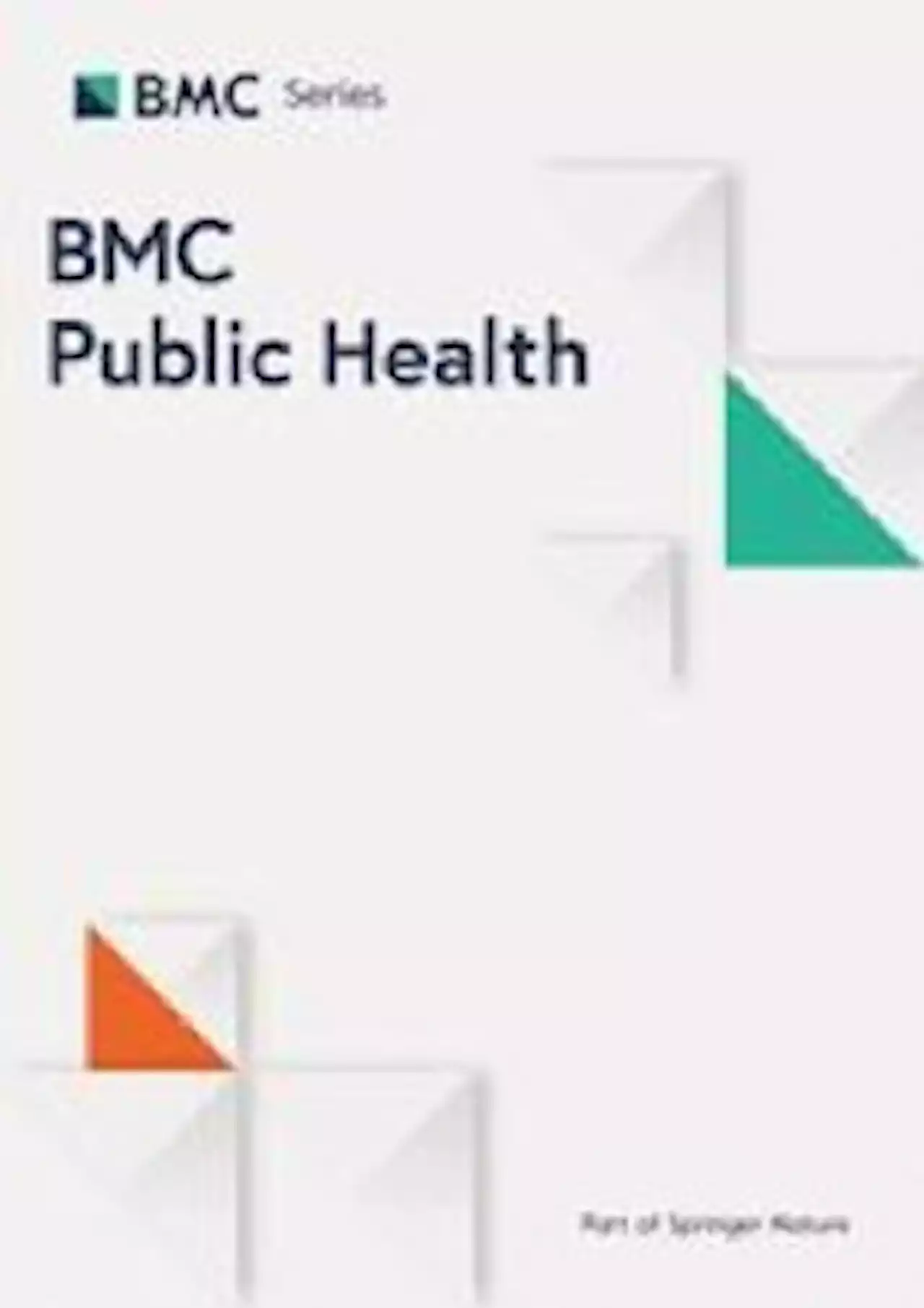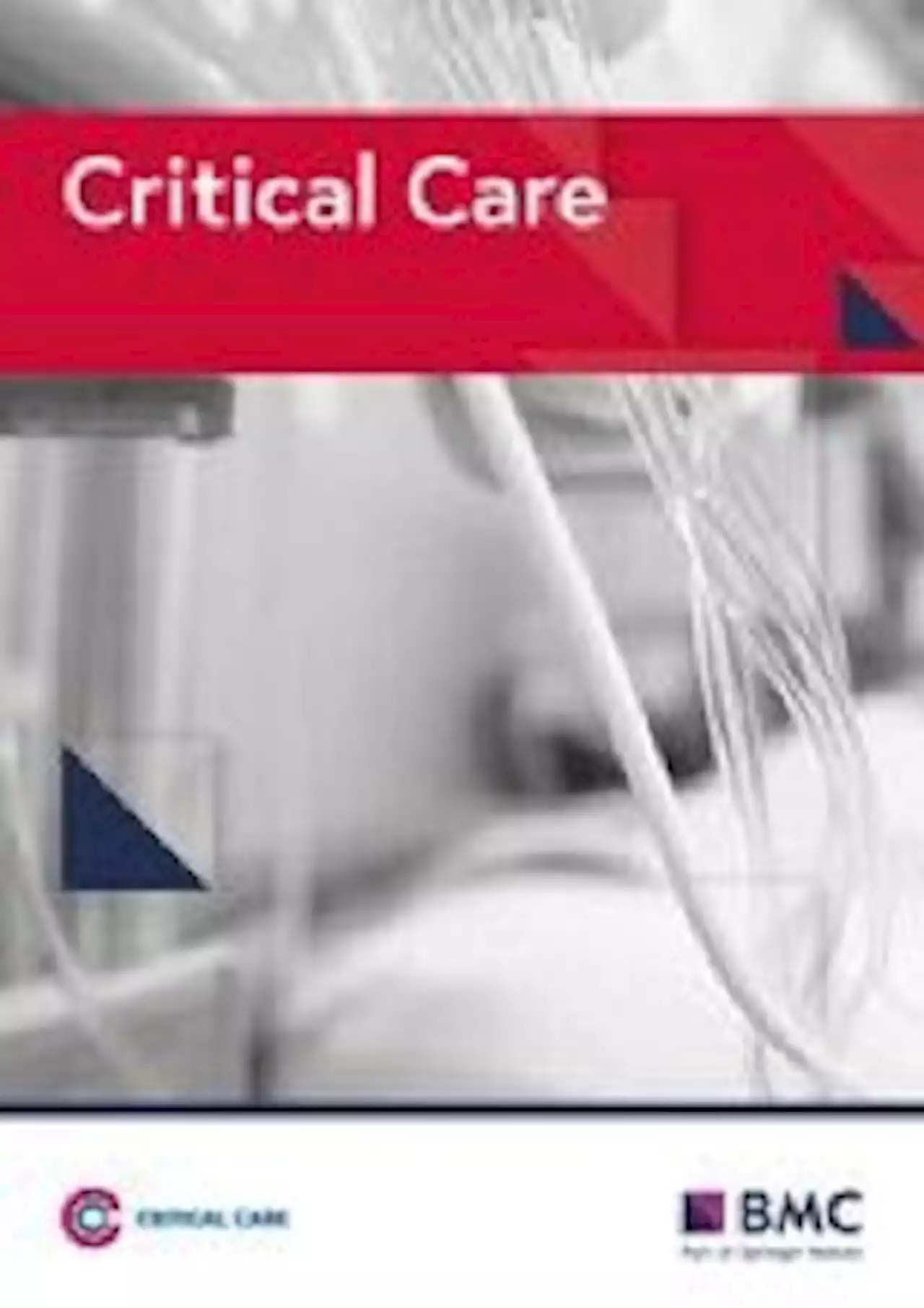Research published in BMCMedicine suggests that compared with meat-eaters, vegetarians and pescatarians had a lower risk of overall, colorectal, and prostate cancer.
]. Multimorbidity was self-reported at baseline. For this study, an average of up to five 24-h recalls was used. However, as the average of the 24-h recalls was not available for the whole UK Biobank population , the characteristics of individuals with data available for 24-hrs dietary recall is shown in Additional fileWe excluded people who had cancer diagnoses at baseline and people with missing data for all covariates studied and for the exposure of interest.
Associations between the types of diet and all cancer combined, and the individual cancer sites were investigated using Cox-proportional hazard models. Individuals who were classified as meat-eaters were used as the reference group. The time of follow-up was used as the time-dependent variable. The results were reported as hazard ratios and their 95% confidence intervals . The proportional hazard assumptions were checked using Schoenfeld residuals.
We ran four models for each outcome, including an increasing number of covariates: “model 0” unadjusted, “model 1” included sociodemographic covariates , “model 2” additionally included lifestyle factors , “model 3” additionally included multimorbidity and “model 4” additionally included BMI. The models for breast, ovarian, cervical, endometrial and uterine cancer were also adjusted for hormone replacement therapy and parity.
Belgique Dernières Nouvelles, Belgique Actualités
Similar News:Vous pouvez également lire des articles d'actualité similaires à celui-ci que nous avons collectés auprès d'autres sources d'information.
 Covid-19 in the UKCovid infections in the UK have continued to rise, the latest weekly Office for National Statistics (ONS) figures suggest.
Covid-19 in the UKCovid infections in the UK have continued to rise, the latest weekly Office for National Statistics (ONS) figures suggest.
Lire la suite »
 Speaking COVID-19: supporting COVID-19 communication and engagement efforts with people from culturally and linguistically diverse communities - BMC Public HealthBackground Since the emergence of COVID-19, issues have been raised regarding the approach used to engage with Culturally and Linguistically Diverse (CaLD) communities during this public health crisis. This study aimed to understand the factors impacting communication and engagement efforts during the COVID-19 pandemic from the perspective of crucial CaLD community stakeholders and opinion leaders. Methods Forty-six semi-structured telephone interviews were undertaken with key stakeholders who have an active role (established before the pandemic) in delivering services and other social support to CaLD communities in Australia. Results Seven key themes emerged: (1) the digital divide and how to connect with people; (2) information voids being filled by international material; (3) Differentiating established with new and emerging communities’ needs; (4) speaking COVID-19; (5) ineffectiveness of direct translations of English language resources; (6) coordination is needed to avoid duplication and address gaps and (7) recognising the improvements in governments’ approach. Conclusion Alliances must be set up that can be activated in the future to reduce issues around resource development, translation, and dissemination of messages to minimise gaps in the response. Financial assistance must be provided in a timely way to community organisations to support the development and dissemination of culturally appropriate communication materials.
Speaking COVID-19: supporting COVID-19 communication and engagement efforts with people from culturally and linguistically diverse communities - BMC Public HealthBackground Since the emergence of COVID-19, issues have been raised regarding the approach used to engage with Culturally and Linguistically Diverse (CaLD) communities during this public health crisis. This study aimed to understand the factors impacting communication and engagement efforts during the COVID-19 pandemic from the perspective of crucial CaLD community stakeholders and opinion leaders. Methods Forty-six semi-structured telephone interviews were undertaken with key stakeholders who have an active role (established before the pandemic) in delivering services and other social support to CaLD communities in Australia. Results Seven key themes emerged: (1) the digital divide and how to connect with people; (2) information voids being filled by international material; (3) Differentiating established with new and emerging communities’ needs; (4) speaking COVID-19; (5) ineffectiveness of direct translations of English language resources; (6) coordination is needed to avoid duplication and address gaps and (7) recognising the improvements in governments’ approach. Conclusion Alliances must be set up that can be activated in the future to reduce issues around resource development, translation, and dissemination of messages to minimise gaps in the response. Financial assistance must be provided in a timely way to community organisations to support the development and dissemination of culturally appropriate communication materials.
Lire la suite »
 Key characteristics impacting survival of COVID-19 extracorporeal membrane oxygenation - Critical CareBackground Severe COVID-19 induced acute respiratory distress syndrome (ARDS) often requires extracorporeal membrane oxygenation (ECMO). Recent German health insurance data revealed low ICU survival rates. Patient characteristics and experience of the ECMO center may determine intensive care unit (ICU) survival. The current study aimed to identify factors affecting ICU survival of COVID-19 ECMO patients. Methods 673 COVID-19 ARDS ECMO patients treated in 26 centers between January 1st 2020 and March 22nd 2021 were included. Data on clinical characteristics, adjunct therapies, complications, and outcome were documented. Block wise logistic regression analysis was applied to identify variables associated with ICU-survival. Results Most patients were between 50 and 70 years of age. PaO2/FiO2 ratio prior to ECMO was 72 mmHg (IQR: 58–99). ICU survival was 31.4%. Survival was significantly lower during the 2nd wave of the COVID-19 pandemic. A subgroup of 284 (42%) patients fulfilling modified EOLIA criteria had a higher survival (38%) (p = 0.0014, OR 0.64 (CI 0.41–0.99)). Survival differed between low, intermediate, and high-volume centers with 20%, 30%, and 38%, respectively (p = 0.0024). Treatment in high volume centers resulted in an odds ratio of 0.55 (CI 0.28–1.02) compared to low volume centers. Additional factors associated with survival were younger age, shorter time between intubation and ECMO initiation, BMI | 35 (compared to | 25), absence of renal replacement therapy or major bleeding/thromboembolic events. Conclusions Structural and patient-related factors, including age, comorbidities and ECMO case volume, determined the survival of COVID-19 ECMO. These factors combined with a more liberal ECMO indication during the 2nd wave may explain the reasonably overall low survival rate. Careful selection of patients and treatment in high volume ECMO centers was associated with higher odds of ICU survival. Trial registration Registered in the German Clinical Trials Re
Key characteristics impacting survival of COVID-19 extracorporeal membrane oxygenation - Critical CareBackground Severe COVID-19 induced acute respiratory distress syndrome (ARDS) often requires extracorporeal membrane oxygenation (ECMO). Recent German health insurance data revealed low ICU survival rates. Patient characteristics and experience of the ECMO center may determine intensive care unit (ICU) survival. The current study aimed to identify factors affecting ICU survival of COVID-19 ECMO patients. Methods 673 COVID-19 ARDS ECMO patients treated in 26 centers between January 1st 2020 and March 22nd 2021 were included. Data on clinical characteristics, adjunct therapies, complications, and outcome were documented. Block wise logistic regression analysis was applied to identify variables associated with ICU-survival. Results Most patients were between 50 and 70 years of age. PaO2/FiO2 ratio prior to ECMO was 72 mmHg (IQR: 58–99). ICU survival was 31.4%. Survival was significantly lower during the 2nd wave of the COVID-19 pandemic. A subgroup of 284 (42%) patients fulfilling modified EOLIA criteria had a higher survival (38%) (p = 0.0014, OR 0.64 (CI 0.41–0.99)). Survival differed between low, intermediate, and high-volume centers with 20%, 30%, and 38%, respectively (p = 0.0024). Treatment in high volume centers resulted in an odds ratio of 0.55 (CI 0.28–1.02) compared to low volume centers. Additional factors associated with survival were younger age, shorter time between intubation and ECMO initiation, BMI | 35 (compared to | 25), absence of renal replacement therapy or major bleeding/thromboembolic events. Conclusions Structural and patient-related factors, including age, comorbidities and ECMO case volume, determined the survival of COVID-19 ECMO. These factors combined with a more liberal ECMO indication during the 2nd wave may explain the reasonably overall low survival rate. Careful selection of patients and treatment in high volume ECMO centers was associated with higher odds of ICU survival. Trial registration Registered in the German Clinical Trials Re
Lire la suite »
 E.U. Mounts Urgent Call for COVID-19 Boosters as Cases Rise AgainEuropean regulators are urging second booster doses of Covid-19 vaccines for people over 60 years old as cases and hospitalizations are again rising sharply
E.U. Mounts Urgent Call for COVID-19 Boosters as Cases Rise AgainEuropean regulators are urging second booster doses of Covid-19 vaccines for people over 60 years old as cases and hospitalizations are again rising sharply
Lire la suite »
 How does the belief that vaccination will end the COVID-19 pandemic relate to vaccination intent?How does the belief that vaccination will end the COVID-19 pandemic relate to vaccination intent? CDCgov SARSCoV2 COVID19 Vaccination Vaccine Intent
How does the belief that vaccination will end the COVID-19 pandemic relate to vaccination intent?How does the belief that vaccination will end the COVID-19 pandemic relate to vaccination intent? CDCgov SARSCoV2 COVID19 Vaccination Vaccine Intent
Lire la suite »
 Lorraine Kelly forced to miss ITV show after testing positive for Covid-19No Lorraine Kelly this morning as she tests positive for Covid-19 - We hope you get better soon Lorraine 💖
Lorraine Kelly forced to miss ITV show after testing positive for Covid-19No Lorraine Kelly this morning as she tests positive for Covid-19 - We hope you get better soon Lorraine 💖
Lire la suite »
